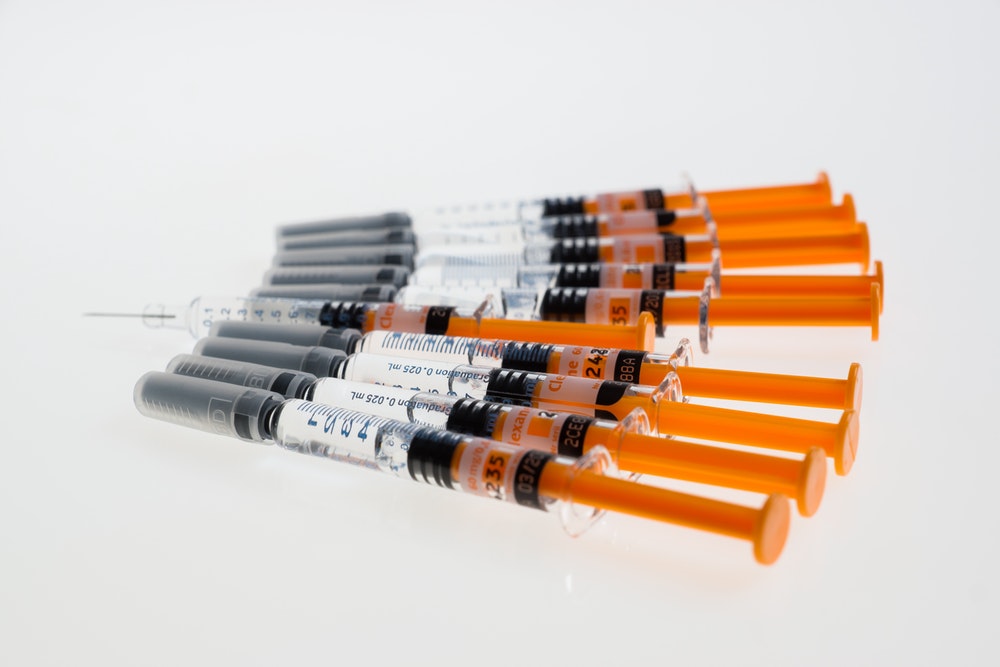New England Journal of Medicine publishes primary endpoint analysis from the ongoing Phase 3 study of Takeda’s dengue vaccine candidate.
Takeda Pharmaceutical Company Limited (“Takeda”) announced the results from the primary endpoint analysis of the ongoing pivotal Phase 3 Tetravalent Immunization against Dengue Efficacy Study (TIDES) trial of its dengue vaccine candidate (TAK-003) in the New England Journal of Medicine. Takeda’s dengue vaccine candidate manifested protection against virologically-confirmed dengue (VCD), the trial primary endpoint, in children ages 4-16 years.
The results read that the vaccine efficacy (VE) was 80.2% in the 12-month period after the second dose, which was administered three months after the first dose. Similar degrees of protection were seen in individuals who had and had not been previously infected with dengue. Other exploratory analyses showed a 95.4% reduction in dengue-associated hospitalizations.
“The results of this first analysis are very encouraging, indicating that the vaccine could potentially provide important public health benefits against dengue fever and hospitalization,” said Humberto Reynales, M.D., Ph.D., a lead author of the New England Journal of Medicine paper. “It will be important to further analyze the trial results over time in order to assess the long-term efficacy and safety of the vaccine. If longer follow-up data confirm this initial observation, we are looking at a significant step forward in the global fight against dengue.”
While in the process of publishing the primary endpoint data, Takeda received additional data from the ongoing TIDES trial, which adds six months of follow-up and provides formal assessment of the secondary efficacy endpoints. Both the primary endpoint analysis and formal assessment of secondary endpoints will be presented at the American Society of Tropical Medicine and Hygiene (ASTMH) 68th Annual Meeting, November 20-24, 2019, in National Harbor, Md., and submitted to a peer-reviewed journal.
Takeda is engaging global health experts to provide insights into the burden of dengue in endemic regions and analyses of results from the trial. Takeda’s dengue vaccine candidate is not currently licensed anywhere in the world.
Formal assessment of secondary efficacy endpoints (18-month follow-up after second dose) will be presented later this year; safety and efficacy will be assessed over a total of four and a half years.

